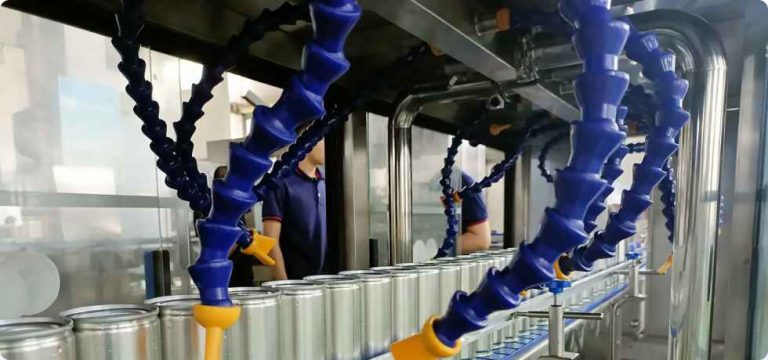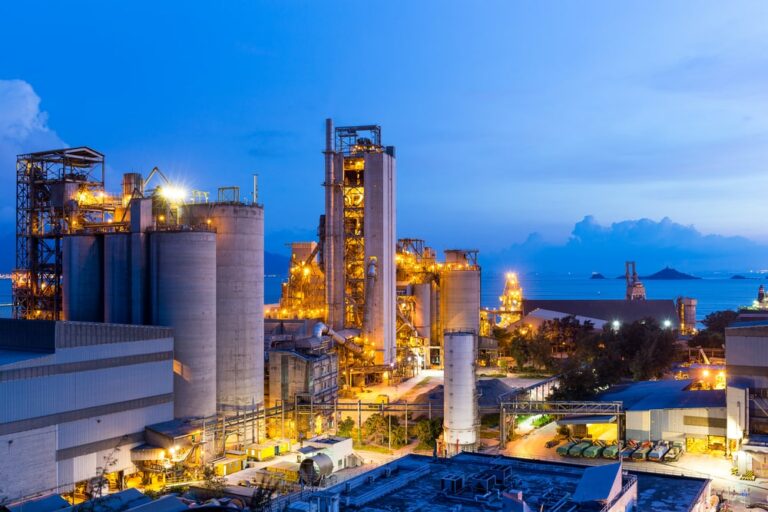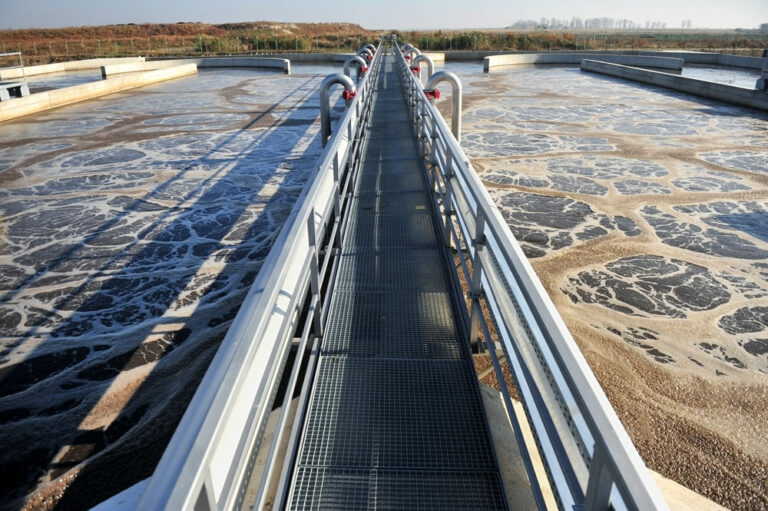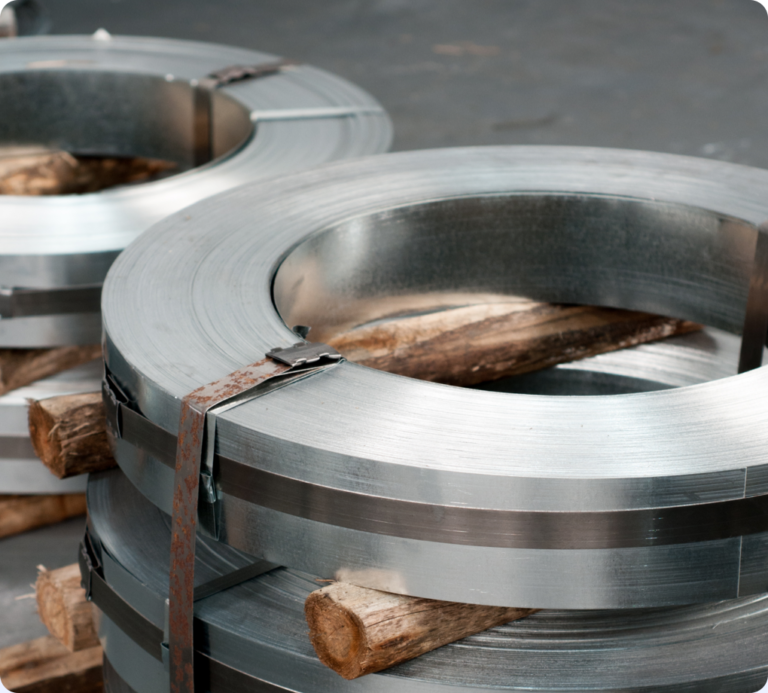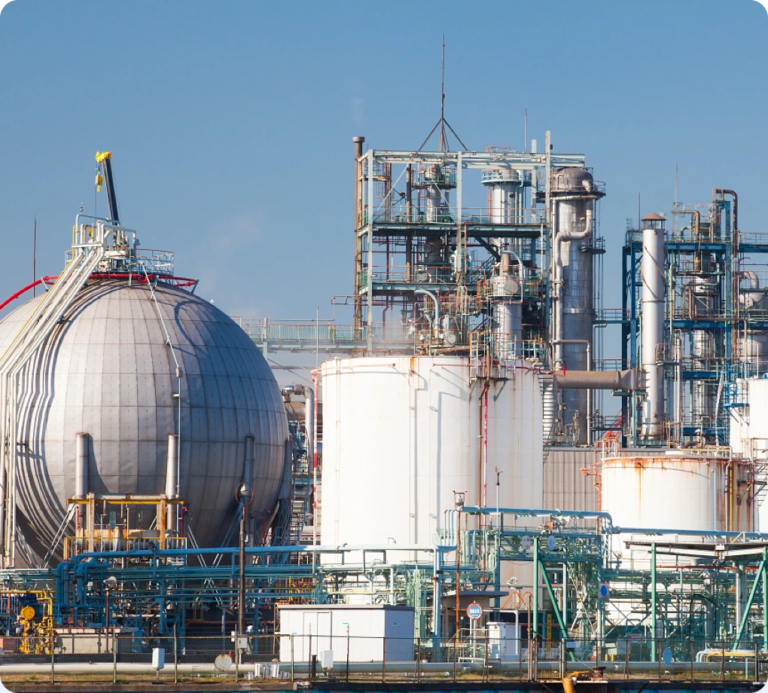RAETTS is a manufacturer of blowers, such as effluent treatment plants blower,high speed centrifugal blower,Dynamic Centrifugal Turbo Blower. The products are widely used in metal treatment and other industries. The company has advanced testing equipment and production facilities, has more than 18 years of manufacturing experience, is very skilled in design, development and manufacturing, and has been exported to more than 30 countries.We can provide more energy conservation for the world, provide more perfect product solutions for customers, and provide good quality and highly competitive prices through mass production. We hope that all customers can provide 100% satisfactory solutions for fans and motors. Welcome more customers from all walks of life to contact us to create a common success in future business relations. We offer the best products and services at the most favorable prices.

| Product name | Cement conveying blowers |
| Keyword | effluent treatment plants blower,high speed centrifugal blower,Dynamic Centrifugal Turbo Blower |
| Place of Origin | China |
| Feature | RAETTS air bearing turbo blower is a brand-new concept blower, which integrates the main core technologies such as “air suspension bearing”, “permanent magnet ultra-high-speed motor”, “high-precision aviation-grade impeller”, and creates a new era of ultra-high efficiency ,low noise and low energy consumption. |
| Dimensions | 708mm*792mm*841mm, (Contact us for specific information to confirm) |
| Applicable Industries | metal treatment, etc. |
| Weight | 466kg |
| delivery date | the common delivery time will be 30-40 days. |
| terms of paymen | RAETTS accept payment by T/T(30% advance payment,70% before shipment) |
| Life span | 14 years (Contact us for specific information to confirm) |
| After-sale service | RAETTS warranty time for air bearing blower and maglev turbo blower is 24months,for high speed centrifugal blower is 12 months. |
| Advantage | We keep good quality and competitive price to ensure our customers benefit |
| Packing | 840x810x866mm(Contact us for specific information to confirm) |
| OEM/ODM | Customization Service Provided |
| Sales country | All over the world for example:British Indian Ocean Territory,Macedonia,Swaziland,Turkmenistan,Antigua and Barbuda |
| MOQ | 2pcs(Contact us for specific information to confirm) |
| production capacity | production capacity RAETTS production quantity for air bearing blower and maglev turbo blower is about 200pcs/month,for high speed centrifugal blower is about 700pcs/month. |
| raw materials | RAETTS air blower impeller in made of aluminum alloy,enclosure material is carbon steel,rotor material is cast iron.If customers need other special materials,we can also customized according to customers requirements |
| technology | RAETTS air bearing blower technology is originated from South Korea and maglev turbo blower technology is originated from Germany.RAETTS also have R&D team from Xi’an Jiaotong University |
| quality system | RAETTS has quality management system certificate ISO9001:2015 and enviromental management system certificate ISO14001:2015 |

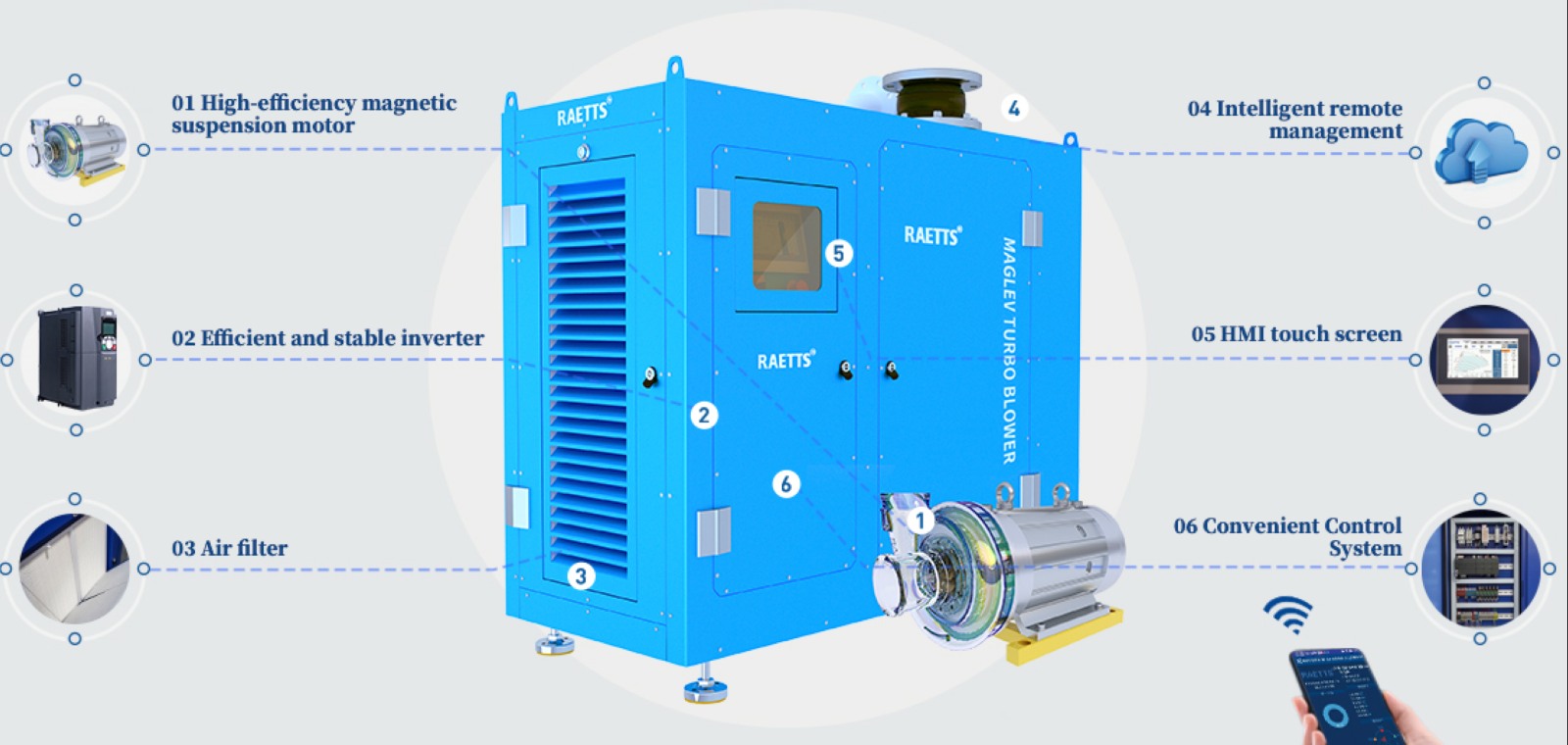
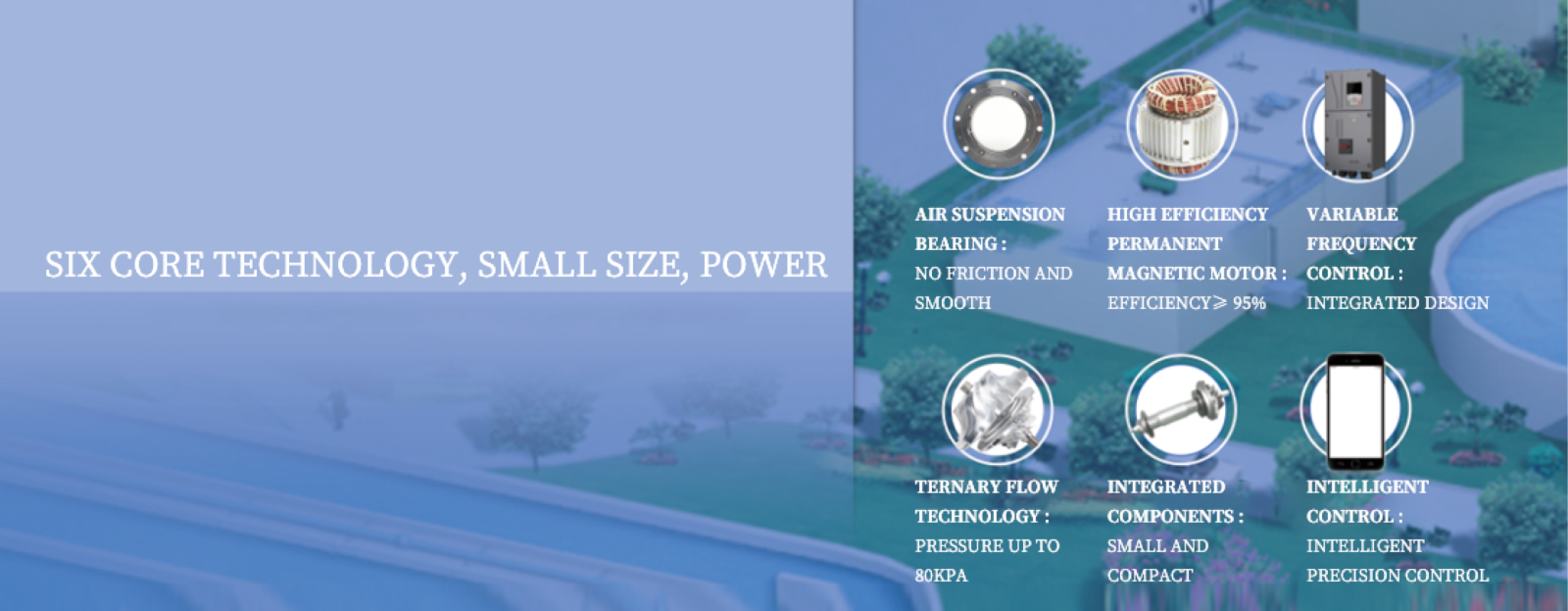
Cement conveying blowers services FAQs Guide
Are you looking for a quick review guide about Cement conveying blowersservices?
An ultimate FAQ buying guide is available to help you.This guide contains all the information about all the important facts, figures, and various processes regarding Cement conveying blowers services.
Let’s continue!
2.Can a Turbo Blower Be Used for Both Vacuum and Compression Applications?
3.Is a Turbo Blower Easy to Install and Integrate into My System?
4.Are Turbo Blowers More Suitable for Certain Applications?
5.What Measures are in Place for Protecting Against Overloading a Turbo Blower?
6.About Cement conveying blowers MOQ
7.About Cement conveying blowers raw material procurement system
8.About Cement conveying blowers inventory
9.About Cement conveying blowers production skills training
10.How Does a Turbo Blower Improve Overall System Performance?
11.Can a Turbo Blower Help to Reduce Energy Costs?
12.About Cement conveying blowers warranty
1.Are There Environmental Benefits to Using a Turbo Blower?
Our mission is to provide customers with the best solutions for Cement conveying blowers.
Yes, there are several environmental benefits to using a turbo blower:
1. Energy Efficiency: Turbo blowers are more energy efficient compared to traditional blowers, which means they consume less energy to produce the same amount of air flow. This results in lower energy consumption and reduced carbon emissions.
2. Reduced Noise Pollution: Turbo blowers are designed to operate at lower noise levels compared to traditional blowers. This helps to reduce noise pollution in the surrounding environment, making them ideal for use in residential areas or noise-sensitive locations.
3. Lower Maintenance Requirements: Turbo blowers have fewer moving parts compared to traditional blowers, which means they require less maintenance and have a longer lifespan. This reduces the need for frequent replacements and disposal of old equipment, resulting in less waste and environmental impact.
4. Reduced Carbon Footprint: As turbo blowers are more energy efficient, they help to reduce the carbon footprint of the facility where they are used. This is beneficial for the environment as it helps to mitigate the effects of climate change.
5. Improved Air Quality: Turbo blowers are designed to provide a consistent and clean air flow, which helps to improve the air quality in the surrounding environment. This is especially important in industrial settings where air pollution can be a major concern.
6. Reduced Water Usage: Some turbo blowers are designed to use water as a lubricant, which reduces the need for oil or other lubricants. This helps to conserve water resources and reduce the risk of water pollution.
Overall, using a turbo blower can have a positive impact on the environment by reducing energy consumption, noise pollution, carbon emissions, and water usage, while also improving air quality and reducing maintenance requirements.
2.Can a Turbo Blower Be Used for Both Vacuum and Compression Applications?
We have broad development space in domestic and foreign markets. Cement conveying blowers have great advantages in terms of price, quality, and delivery date.
Yes, a turbo blower can be used for both vacuum and compression applications. Turbo blowers are versatile machines that can be used for a variety of applications, including both vacuum and compression. They are commonly used in industries such as wastewater treatment, pneumatic conveying, and industrial processes.
In vacuum applications, the turbo blower is used to create a negative pressure or suction to remove air or other gases from a system. This is commonly used in vacuum pumps for packaging, vacuum cleaners, and other industrial processes.
In compression applications, the turbo blower is used to increase the pressure of a gas or air stream. This is commonly used in pneumatic conveying systems, aeration systems, and other industrial processes.
The versatility of turbo blowers makes them a popular choice for many industries. They are energy-efficient, compact, and have a wide operating range, making them suitable for various applications. However, it is essential to ensure that the turbo blower is designed and selected specifically for the intended application to ensure optimal performance and efficiency.
3.Is a Turbo Blower Easy to Install and Integrate into My System?
We continuously upgrade our skills and knowledge to adapt to changing Cement conveying blowers market needs.
Yes, a turbo blower is relatively easy to install and integrate into a system. It typically comes with a mounting base or bracket that can be easily attached to a flat surface. The blower also has inlet and outlet connections that can be easily connected to the existing piping system. In addition, most turbo blowers come with a control panel that can be easily integrated into the system’s control system. However, it is important to consult the manufacturer’s installation instructions and guidelines to ensure proper installation and integration.
4.Are Turbo Blowers More Suitable for Certain Applications?
We have advanced production equipment and technology to meet the needs of customers, and can provide customers with high quality, low priced Cement conveying blowers products.
Yes, turbo blowers are more suitable for certain applications compared to other types of blowers. Some of the applications where turbo blowers are commonly used include:
1. Wastewater Treatment: Turbo blowers are widely used in wastewater treatment plants for aeration and mixing processes. They are highly efficient and can handle varying airflows and pressures, making them ideal for this application.
2. Pneumatic Conveying: Turbo blowers are also commonly used in pneumatic conveying systems for transporting materials such as powders, pellets, and granules. They provide a steady and consistent airflow, making them suitable for this application.
3. Industrial Processes: Turbo blowers are used in various industrial processes such as cooling, drying, and ventilation. They are preferred for these applications due to their high efficiency, compact size, and low noise levels.
4. Aquaculture: Turbo blowers are used in aquaculture systems for providing aeration and maintaining oxygen levels in the water. They are also used for mixing and circulation in fish tanks and ponds.
5. Biogas Production: Turbo blowers are used in biogas production plants for providing the necessary air for the digestion process. They are also used for mixing and agitation in the biogas tanks.
Overall, turbo blowers are suitable for applications that require high efficiency, variable airflows and pressures, and low noise levels. They are also preferred for applications where space is limited, as they have a compact design.
5.What Measures are in Place for Protecting Against Overloading a Turbo Blower?
We continue to improve Cement conveying blowers products and processes to improve efficiency.
1. Design and Engineering: Turbo blowers are designed and engineered to withstand a certain amount of load and stress. The design includes factors such as material strength, bearing capacity, and rotor dynamics to ensure that the blower can handle the expected load without failure.
2. Load Monitoring: Most turbo blowers are equipped with load monitoring systems that continuously measure the load on the blower. This allows operators to keep track of the load and make adjustments if necessary to prevent overloading.
3. Safety Margins: Turbo blowers are designed with safety margins to account for unexpected increases in load. These safety margins provide a buffer to prevent overloading and protect the blower from damage.
4. Control Systems: Advanced control systems are used to regulate the speed and flow of the blower. These systems can adjust the blower’s output to match the required load, preventing overloading.
5. Vibration Monitoring: Vibration monitoring systems are used to detect any abnormal vibrations in the blower. Excessive vibrations can be an indication of overloading, and the system can automatically shut down the blower to prevent damage.
6. Temperature Monitoring: Turbo blowers generate a lot of heat, and excessive heat can be a sign of overloading. Temperature monitoring systems can detect any abnormal increases in temperature and shut down the blower to prevent damage.
7. Regular Maintenance: Regular maintenance and inspections are crucial for identifying any potential issues that could lead to overloading. This includes checking for wear and tear, lubrication levels, and any other signs of damage.
8. Training and Education: Proper training and education of operators is essential for preventing overloading. Operators should be familiar with the blower’s capabilities and know how to operate it within its limits to avoid overloading.
6.About Cement conveying blowers MOQ
Normally our MOQ for air blower is 1 set
7.About Cement conveying blowers raw material procurement system
RAETTS uses ERP management system to manage the suppliers and follow the raw materials production state.
8.About Cement conveying blowers inventory
For air bearing blower and maglev turbo blower,RAETTS doesn’t make stock,only produce air blower according to customers order(since different application site may need different designs).For high speed centrifugal blower,RAETTS makes stock.
9.About Cement conveying blowers production skills training
RAETTS will train the production staffs for 3 months before they do production,including:machine operation,assembly,testing and so on.
10.How Does a Turbo Blower Improve Overall System Performance?
We have a wide range of Cement conveying blowers customer groups and establishes long -term cooperative relationships with partners. The countries we provide services include British Indian Ocean Territory,Macedonia,Swaziland,Turkmenistan,Antigua and Barbuda.
A turbo blower is a type of centrifugal blower that uses a high-speed impeller to generate air flow. It is commonly used in industrial and municipal applications for a variety of purposes, including aeration, ventilation, and pneumatic conveying.
One of the main ways that a turbo blower improves overall system performance is by providing a higher flow rate and pressure compared to traditional blowers. This is due to the high-speed impeller, which can rotate at speeds of up to 50,000 RPM, creating a more powerful and efficient air flow.
Additionally, turbo blowers are designed to be more energy-efficient than traditional blowers. They use advanced technologies such as variable frequency drives (VFDs) and magnetic bearings to reduce energy consumption and operating costs. This not only saves money but also reduces the carbon footprint of the system.
Another advantage of turbo blowers is their compact size and lightweight design. This makes them easier to install and requires less space, which is especially beneficial in applications where space is limited. The compact design also allows for easier maintenance and reduces the need for frequent repairs.
Furthermore, turbo blowers are known for their quiet operation. The high-speed impeller and advanced technologies used in turbo blowers result in lower noise levels compared to traditional blowers. This is particularly important in applications where noise pollution is a concern.
Overall, the improved performance of a turbo blower translates into better system efficiency, lower operating costs, and reduced environmental impact. This makes it a popular choice for a wide range of industrial and municipal applications.
11.Can a Turbo Blower Help to Reduce Energy Costs?
We actively participate in the Cement conveying blowers industry associations and organization activities. The corporate social responsibility performed well, and the focus of brand building and promotion
Yes, a turbo blower can help to reduce energy costs in several ways:
1. Energy-efficient design: Turbo blowers are designed to be highly energy-efficient, using advanced technologies such as variable frequency drives (VFDs) and magnetic bearings. These features help to reduce energy consumption and save on operating costs.
2. Lower maintenance costs: Turbo blowers require less maintenance compared to traditional blowers, which can result in cost savings over time. This is because they have fewer moving parts and do not require lubrication, reducing the need for maintenance and repairs.
3. Reduced energy consumption: Turbo blowers use less energy to produce the same amount of air compared to traditional blowers. This is due to their high-speed, direct-drive design, which eliminates the need for gears and belts that can cause energy losses.
4. VFD control: Turbo blowers are equipped with VFDs, which allow for precise control of the blower speed. This means that the blower can adjust its speed to match the required airflow, resulting in energy savings.
5. Lower operating costs: Due to their energy-efficient design and lower maintenance requirements, turbo blowers have lower operating costs compared to traditional blowers. This can result in significant cost savings over the lifetime of the blower.
Overall, a turbo blower can help to reduce energy costs by using less energy, requiring less maintenance, and having lower operating costs. This makes them a cost-effective option for industries and facilities looking to reduce their energy consumption and costs.
12.About Cement conveying blowers warranty
RAETTS warranty time for air bearing blower and maglev turbo blower is 24months,for high speed centrifugal blower is 12 months.
Tag:blower twin turbo,RAETTS Turbo Blower,blower for pneumatic conveying,positive displacement blowers for pressure conveying systems,turbo blower supplier

